Will new energy vehicles completely replace fuel vehicles in the future? With the global awareness of environmental protection and technological advancement, new energy vehicles are gradually becoming an important part of the automotive market. Does it mean that they will completely replace traditional fuel vehicles? The answer to this question is not simple, and it involves a number of aspects, including technological development, policy orientation, market demand and infrastructure development.
The development of battery technology has significantly improved the range and charging efficiency of new energy vehicles. The energy density of lithium-ion batteries is increasing year by year, while the price is also decreasing. This makes new energy vehicles not only able to meet the needs of most consumers in terms of performance, but also increasingly competitive in terms of economy.
At present, the cost of new energy vehicles is still high, especially for high-end models. For many consumers, the purchase decision also needs to take into account the cost-benefit ratio of long-term use. If battery technology and manufacturing costs can be further optimised, the price of new energy vehicles is expected to become more affordable, thus accelerating their popularity.
In terms of market demand, consumers are increasingly aware of environmental protection, and more and more people are willing to choose a more environmentally friendly way of travelling. There are still some consumers who have reservations about new energy vehicles, mainly worried about inadequate charging facilities and inconvenient long-distance travelling.
To realise the large-scale application of new energy vehicles, they must be supported by corresponding infrastructure. The number and distribution of charging piles directly affects the user experience. Although the number of public charging piles has increased rapidly in recent years, it is still insufficient compared to the huge number of fuel vehicles.
Will new energy vehicles completely replace fuel vehicles in the future? Although new energy vehicles have made great strides in technology and policy, and have received a positive response from the market, there are still many challenges to completely replacing fuel vehicles in the short term. Taking into account the differences in the level of economic development and actual demand in different regions, fuel vehicles and new energy vehicles may coexist for some time to come, and full replacement may not be possible until conditions are ripe.

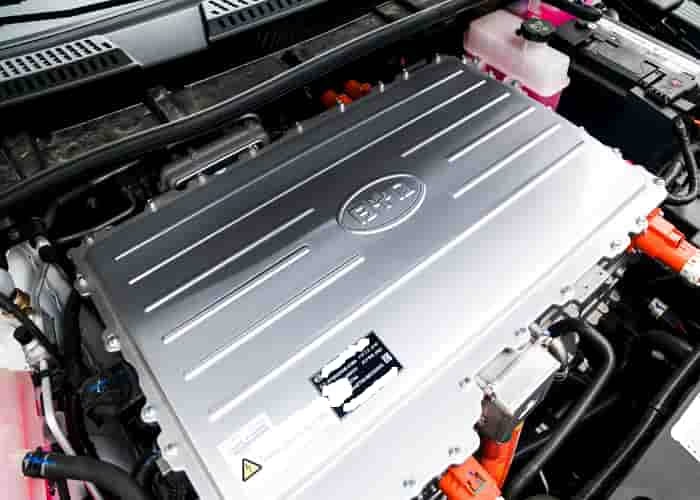
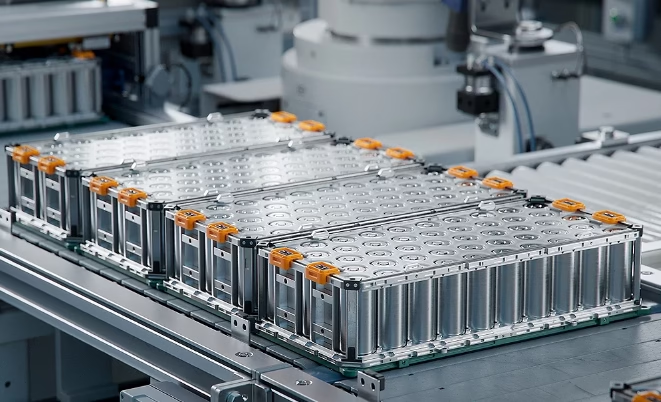
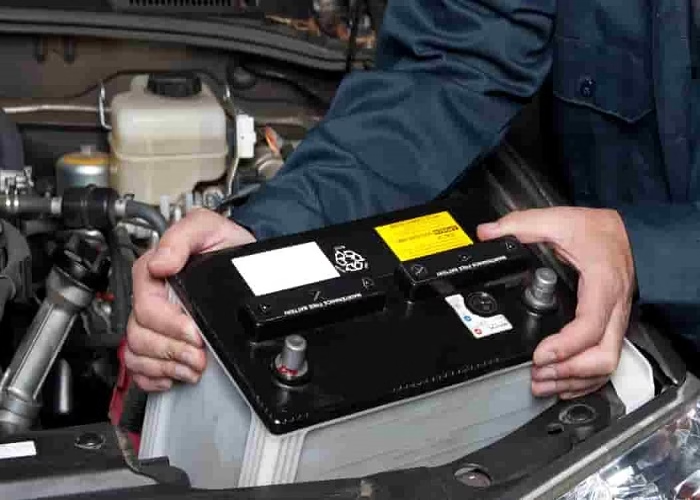




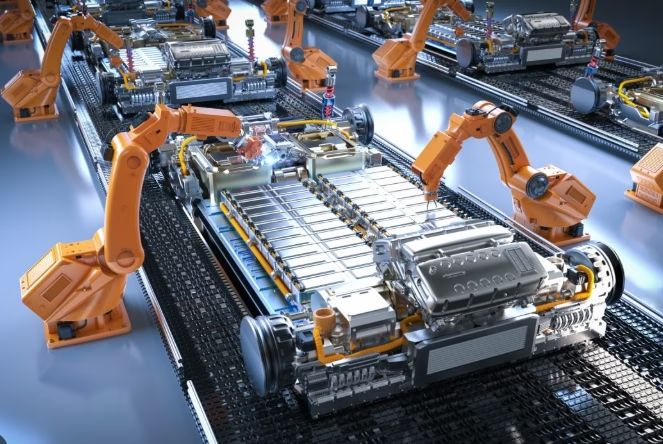
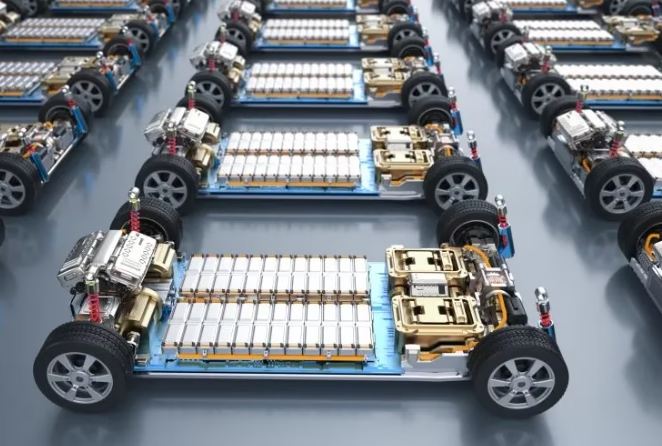
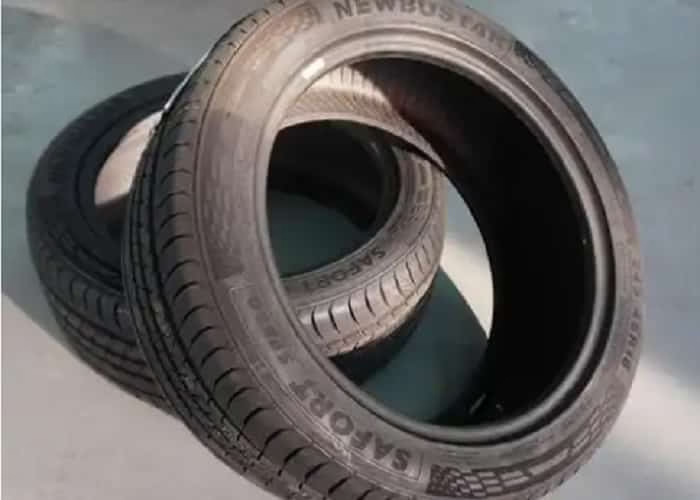

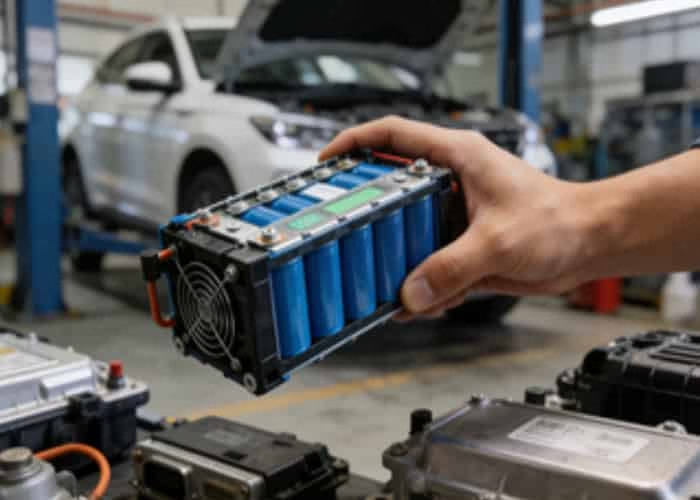
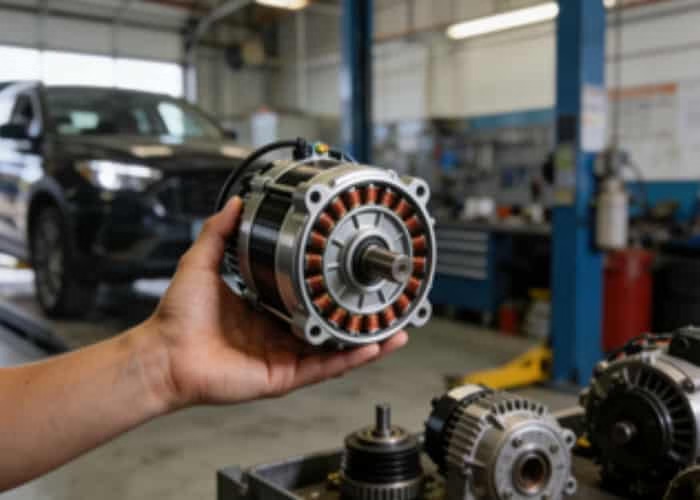

Leave a Reply